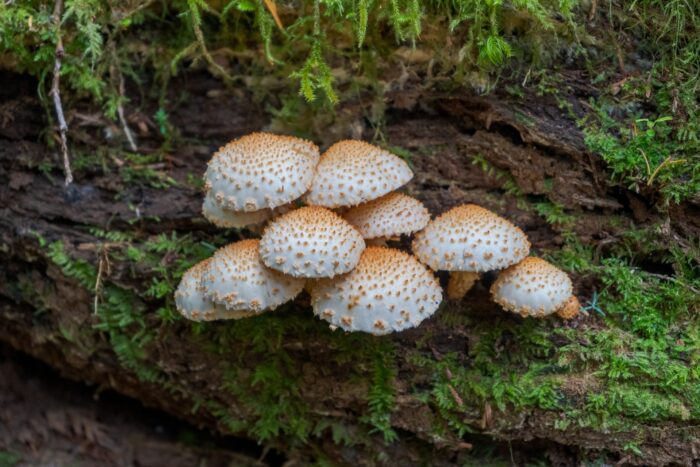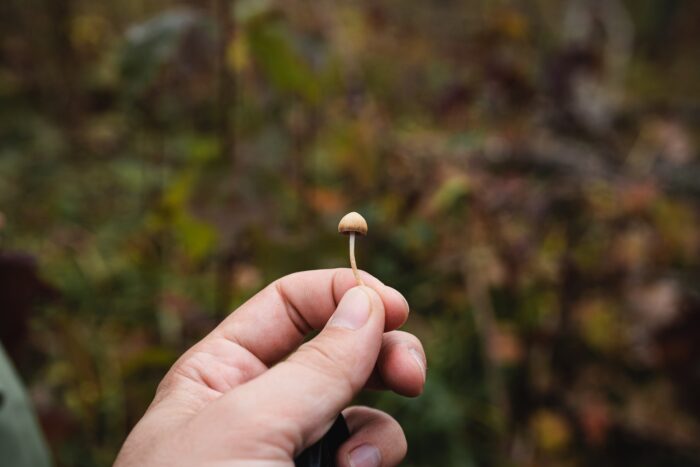The human brain is a remarkable machine that continues to baffle and amaze scientists and researchers worldwide. One of its most intriguing aspects is neuroplasticity, the brain’s ability to change and adapt over time. Recently, the world of neuroscience has turned its gaze towards a surprising source for understanding and possibly enhancing this brain adaptability – psilocybin mushrooms. This article delves into this exciting frontier of neuroscience, exploring the potential link between psilocybin mushrooms and neuroplasticity.

Understanding Neuroplasticity
Neuroplasticity, often termed as brain plasticity, refers to the brain’s capacity to reorganize itself by creating new neural connections throughout life. It plays a crucial role in the brain’s functionality, allowing us to learn new skills, remember information, and recover from brain injuries. For instance, when you learn a new language, your brain’s structure changes to accommodate and process this new information – that’s neuroplasticity at work!
Multiple factors can influence neuroplasticity. These include our environment, behavior, thoughts, and emotions. Even physical activity and sleep have a profound impact on this critical brain process. If you’re interested in exploring the fascinating world of neuroplasticity and enhancing your brain’s potential, you may want to consider exploring resources such as the Shroom House Canada which offers a range of products and services that may support cognitive health and neuroplasticity.
Psilocybin Mushrooms: Beyond the ‘Trip’
Psilocybin mushrooms, often colloquially called ‘magic mushrooms,’ are known for their psychedelic effects. Traditionally used in spiritual and healing rituals, these mushrooms have had a resurgence of interest in modern times. While most associate psilocybin mushrooms with their mind-altering ‘trips,’ scientists are now delving deeper into their impact on the brain beyond these psychoactive effects.
Psilocybin and Enhanced Neuroplasticity
Over the past few years, researchers have found evidence suggesting that psilocybin may enhance neuroplasticity. One study published in the journal ‘Cell Reports’ found that psilocybin could stimulate the growth of neuronal connections lost in depression.
Another study suggested that psilocybin could potentially “reset” the brain’s connectivity patterns, allowing for new perspectives and thought patterns to form. This research aligns with anecdotal reports from individuals who’ve found significant shifts in their mindset and behavior following psilocybin use.

Implications for Mental Health and Brain Disorders
The possibility of psilocybin enhancing neuroplasticity has significant implications for mental health treatment. Psilocybin-assisted therapy could help individuals with depression, anxiety, and PTSD by promoting the formation of new, healthier thought patterns.
Moreover, it could offer potential treatments for neurodegenerative disorders like Alzheimer’s and Parkinson’s disease, which are currently incurable and have devastating impacts on individuals and their families. Through promoting neuroplasticity, psilocybin might aid in slowing disease progression or managing symptoms.
Safety Considerations and Future Research Directions
While the potential benefits of psilocybin are exciting, it’s critical to remember that these substances carry risks and are currently illegal in many jurisdictions. Misuse of psilocybin mushrooms can lead to unpleasant psychological effects and, in rare cases, even induce psychosis.
The future of psilocybin research holds promise, but it’s crucial to approach it with caution and rigorous scientific standards. Further studies are needed to fully understand how psilocybin affects neuroplasticity, and what doses and treatment regimens might be safe and effective. Discover more about MIND-NUMBING FACTS ABOUT PSILOCYBIN GUMMIES AND THE NEW ERA OF PSYCHEDELICS .
Conclusion
The exploration of psilocybin mushrooms in the context of neuroplasticity is a fascinating frontier in neuroscience. It offers promising insights into how we could potentially enhance our brain’s adaptability, with significant implications for treating mental health disorders and neurodegenerative diseases.

